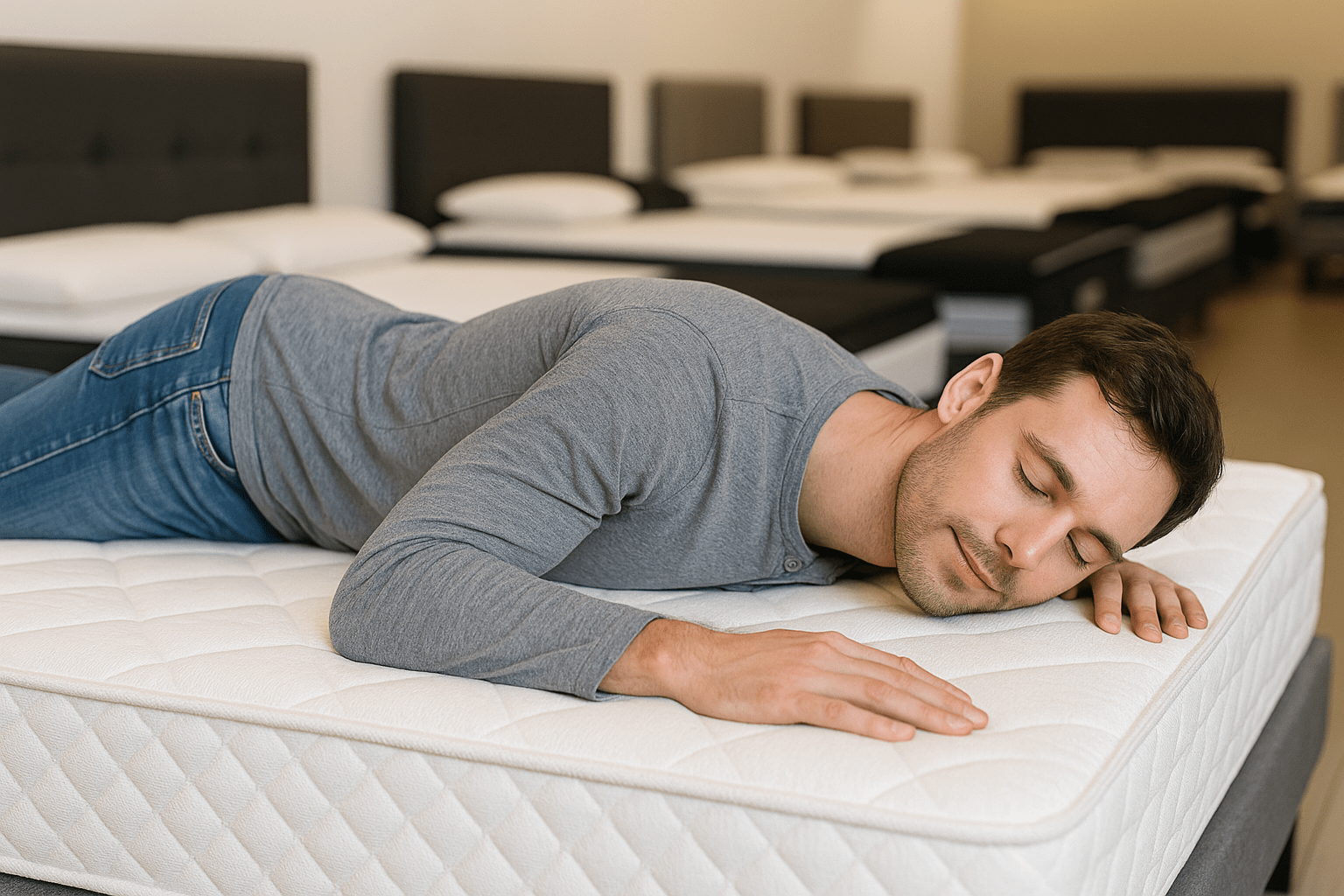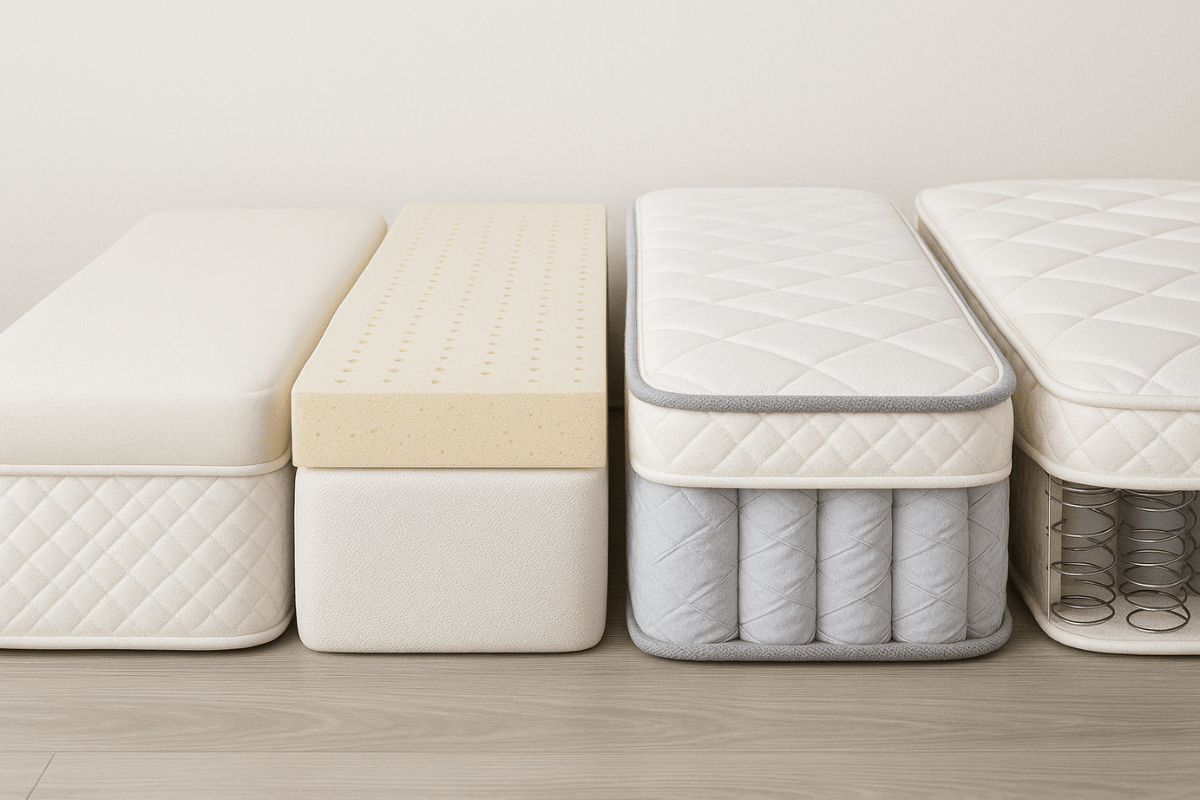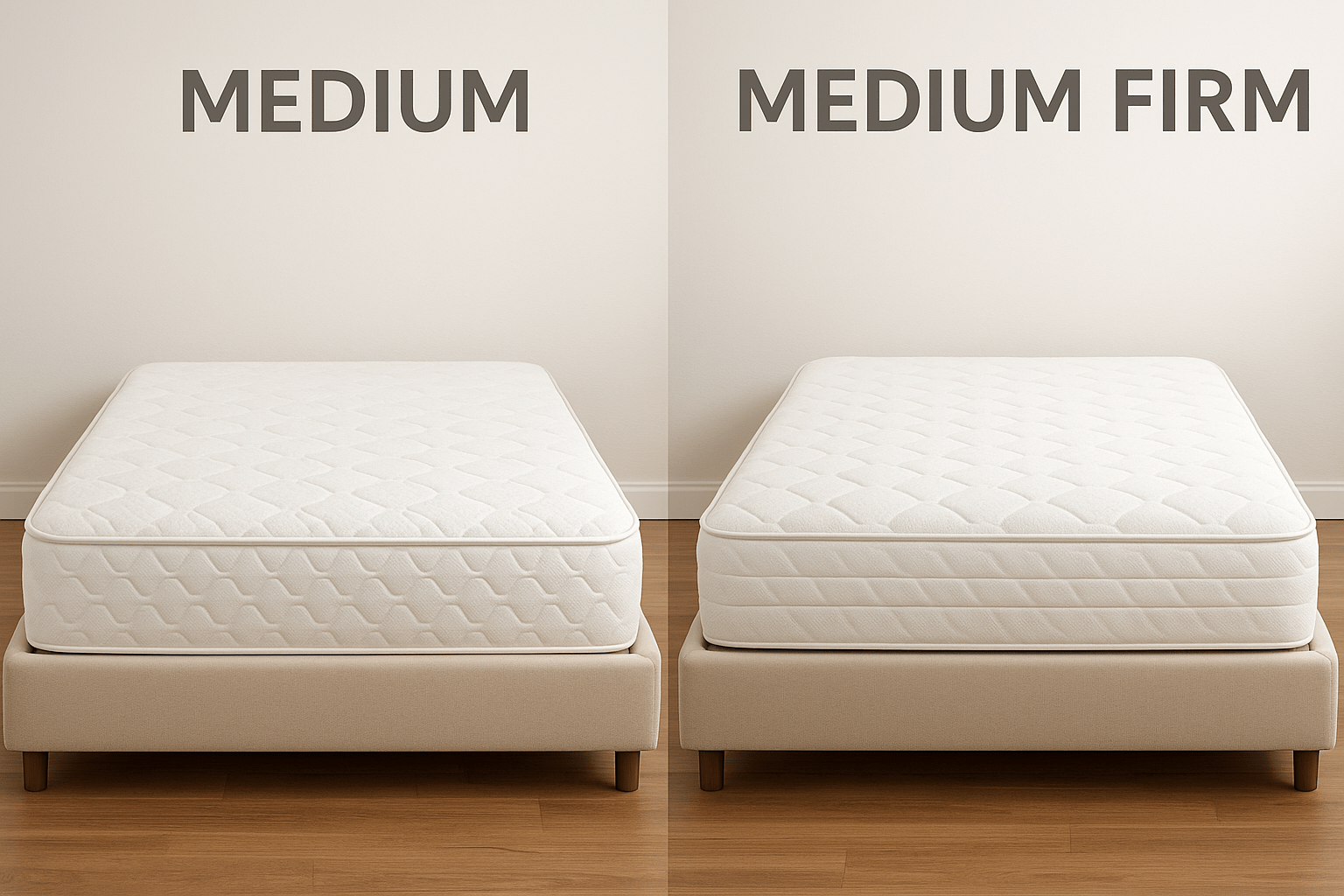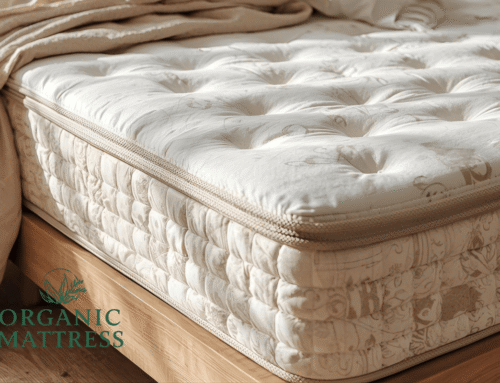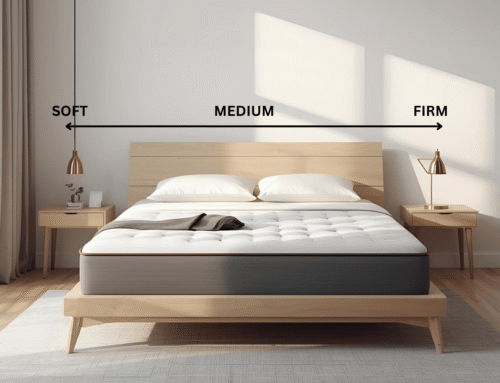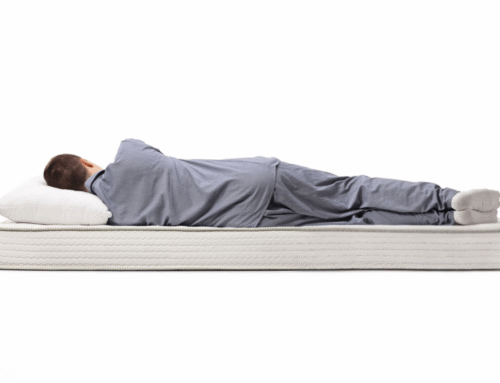Lorem ipsum dolor sit amet, consectetur adipiscing elit, sed do eiusmod tempor incididunt ut labore et dolore magna aliqua. Ut enim ad minim veniam, quis nostrud exercitation ullamco laboris nisi ut aliquip ex ea commodo consequat. Duis aute irure dolor in reprehenderit in voluptate velit esse cillum dolore eu fugiat nulla pariatur. Excepteur sint occaecat cupidatat non proident, sunt in culpa qui officia deserunt mollit anim id est laborum.
Lorem ipsum dolor sit amet, consectetur adipiscing elit, sed do eiusmod tempor incididunt ut labore et dolore magna aliqua. Ut enim ad minim veniam, quis nostrud exercitation ullamco laboris nisi ut aliquip ex ea commodo consequat. Duis aute irure dolor in reprehenderit in voluptate velit esse cillum dolore eu fugiat nulla pariatur. Excepteur sint occaecat cupidatat non proident, sunt in culpa qui officia deserunt mollit anim id est laborum.
Key Takeaways
- A medium mattress feels balanced—soft enough to cushion pressure points like shoulders and hips, but firm enough to support your spine.
- It suits various sleeping positions, including back, side, and combination sleepers, providing comfort and proper spinal alignment.
- Medium mattresses often feature materials like memory foam, latex, or hybrid constructions, offering a blend of contouring and support.
- This firmness level is ideal for couples, as it minimizes motion transfer and accommodates different sleep preferences.
- For those with back pain, a medium mattress can help maintain proper posture, reducing discomfort and promoting restful sleep.
What Is A Medium Mattress?
If you’re looking for a balance between softness and support, a medium mattress might be just what you need. But what is a medium mattress, and what does it mean when people say it’s “medium”? Simply put, it falls around 5 to 7 on the firmness scale, where 1 is ultra-soft and 10 is extra-firm. So, it sits comfortably in the middle, offering a bit of both worlds.
You’ll get enough cushioning under your shoulders and hips to feel cozy, but not so much that you feel like you’re sinking. Instead, it supports your body gently, helping keep your spine aligned without feeling too stiff. That’s why it’s often recommended for combination sleepers or couples who prefer a more versatile feel. It adapts to different positions throughout the night, making it a practical and comfortable choice for many. In short, it’s a popular middle ground in the mattress world.
Soft vs. Firm: Finding the Balance
When choosing a mattress, it’s all about finding the right balance between softness and support. Soft mattresses can feel incredibly plush and cloud-like, offering excellent pressure relief—especially for side sleepers. However, they sometimes lack the support needed to keep your spine aligned. On the flip side, firm mattresses are solid and supportive but can feel a bit too rigid for some people, especially if you prefer a little cushion.
That’s where a medium mattress comes in. It offers a perfect middle ground—enough softness to cradle your body and enough firmness to support your back and hips. If you’re wondering about the difference between plush and medium mattress types, plush usually feels softer and more luxurious, while medium gives you a more balanced feel. And if you’re ever curious about how to make a medium mattress firmer, options like adding a firm mattress topper can help adjust the feel without replacing the whole bed.
Why a Medium Mattress Is Great for All Sleep Positions
A medium mattress is a great choice if you sleep in multiple positions or share your bed with someone who does. But you might wonder—is it good for everyone? The answer is often yes. Whether you sleep on your back, side, or stomach, a medium mattress tends to offer the right blend of comfort and support. For side sleepers, it’s good for cushioning the shoulders and hips without causing pressure.
Even stomach sleepers, who often need a bit more support, can benefit from the balanced feel. It’s not so soft that your body sinks in, but not so firm that it creates uncomfortable pressure. This middle-ground comfort is what makes a medium mattress such a versatile and popular option for a wide range of sleepers.
Medium Mattresses and Pressure Relief
A medium mattress can make a big difference when it comes to relieving pressure points. If you often wake up with soreness in your hips, shoulders, or lower back, you might be sleeping on the wrong type of mattress. A good medium mattress eases that tension by gently contouring to your body without letting you sink in too deeply. It’s good for back pain too, since it supports the natural curve of your spine while offering enough softness to prevent discomfort.
Many people turn to memory foam or hybrid mattresses in the medium range because they combine the best of both worlds—body-hugging comfort and steady support. This balance helps reduce tossing and turning through the night. That’s the beauty of medium firmness: it adapts to your shape while still giving you the lift you need. If you’re looking for a more restful, pain-free sleep, a medium mattress could be the answer.
What Materials Are Used in Medium Mattresses?
Medium mattresses come in a variety of materials, each offering its own unique feel and benefits. Memory foam is a popular option as it molds your body, giving you that gentle “hug” that helps relieve pressure points. Latex is another great choice, known for its natural bounce and breathability, which helps keep you cool through the night. If you like the idea of combining comfort and support, hybrid mattresses might be the way to go.
Hybrids blend foam layers with innerspring coils, giving you the softness of foam with the sturdy support of springs. These combinations are what create that classic medium feel—not too soft and not too firm. It’s a balance that works well for a wide range of sleepers. Whether you prefer the contouring of memory foam or the responsive lift of latex or coils, medium mattresses offer versatility and comfort that can suit almost anyone’s sleep style.
Who Should Sleep on a Medium Mattress?
Medium mattresses are a popular choice for a reason. They offer the perfect middle ground for comfort and support. They’re ideal for people who don’t stick to just one sleep position. If you tend to shift from your side to your back or even your stomach during the night, a medium mattress can adapt to your movements and keep you comfortable. You might be wondering who should sleep on a mattress like this. The answer is: just about anyone who wants versatility and balanced support.
Medium mattresses are especially helpful for couples with different sleep preferences. One person may prefer a softer feel, while the other needs a bit more firmness. With a medium mattress, both sleepers can find comfort without compromising. Its balanced design helps minimize pressure points while still supporting your spine. So if you’re looking for a mattress that suits many sleep styles and body types, medium is a smart choice.
What to Expect When You Lie Down
When you first lie down on a medium mattress, the initial feel is soft and inviting, like sinking gently into a cozy surface. It welcomes you in, helping your body start to relax almost instantly. But give it a few moments, and you’ll notice something else: solid support beneath that softness. It’s kind of like getting a firm handshake after a warm hug—comforting, yet steady.
This combination is what makes medium mattresses so appealing. They strike the right balance, offering just enough cushioning to ease pressure points while keeping your spine in healthy alignment. You won’t feel like you’re sinking too deep or being pushed back up.
Instead, you’re gently cradled, supported without stiffness, and comfortable without sagging. Whether you’re settling in for a full night’s sleep or just taking a quick rest, a medium mattress helps your body feel at ease while maintaining proper posture throughout the night.
Medium Mattress vs Medium-Firm Mattress
It’s easy to confuse a medium mattress with a medium-firm one as they sound so similar. But there’s actually a subtle difference in how they feel. A medium mattress leans a bit more toward softness, offering a cozy, slightly plush feel. Imagine the comfort of a marshmallow. Now compare that to the medium-firm, which feels more like a supportive pillow but still comfortable, only with extra resistance underneath.
Medium-firm mattresses are often recommended if you need more support, especially for back sleepers or anyone dealing with back pain. They help keep your spine aligned without too much give. On the other hand, a medium mattress is great if you like a balance that tilts just a little toward softness. It’s ideal for side sleepers, combination sleepers, or anyone who enjoys some cushioning without losing support.
So when choosing between the two, it really comes down to how much softness or firmness you prefer in your sleep.
Signs a Medium Mattress Might Be Right for You
- You sleep in more than one position
- You want both support and comfort
- You have mild back or hip pain
- You don’t like sinking in too far
- You share a bed with someone who sleeps differently
While medium mattresses offer a great balance for most people, it’s also important to consider the disadvantages of a medium mattress. For example, if you need very firm support for serious back issues or prefer an ultra-soft, plush surface, a medium feel might not fully meet your needs. Some heavier individuals may also find that a medium mattress compresses more than they’d like, reducing long-term comfort. Still, for the average sleeper looking for comfort and versatility, medium remains a smart and balanced choice.
How to Test a Medium Mattress Before You Buy
Testing a medium mattress before you commit is a smart move, and it doesn’t have to be complicated. In-store, take your time. Lie down on both your back and your side for at least 15 minutes. Notice how your body feels. You should feel supported, but not stiff. Cushioned, but not like you’re sinking into a hole. A good medium mattress gives you that “just right” feeling—comfortable, yet stable.
If you’re shopping online, don’t worry because many mattress brands offer generous trial periods. Look for one that gives you at least 30 to 100 nights. That may sound like a lot, but your body needs time to fully adjust to a new sleep surface. What feels okay on night one might feel amazing—or not quite right—after a few weeks. That’s why the trial period is key. It lets you truly figure out if the mattress delivers the comfort and support you need long-term.

